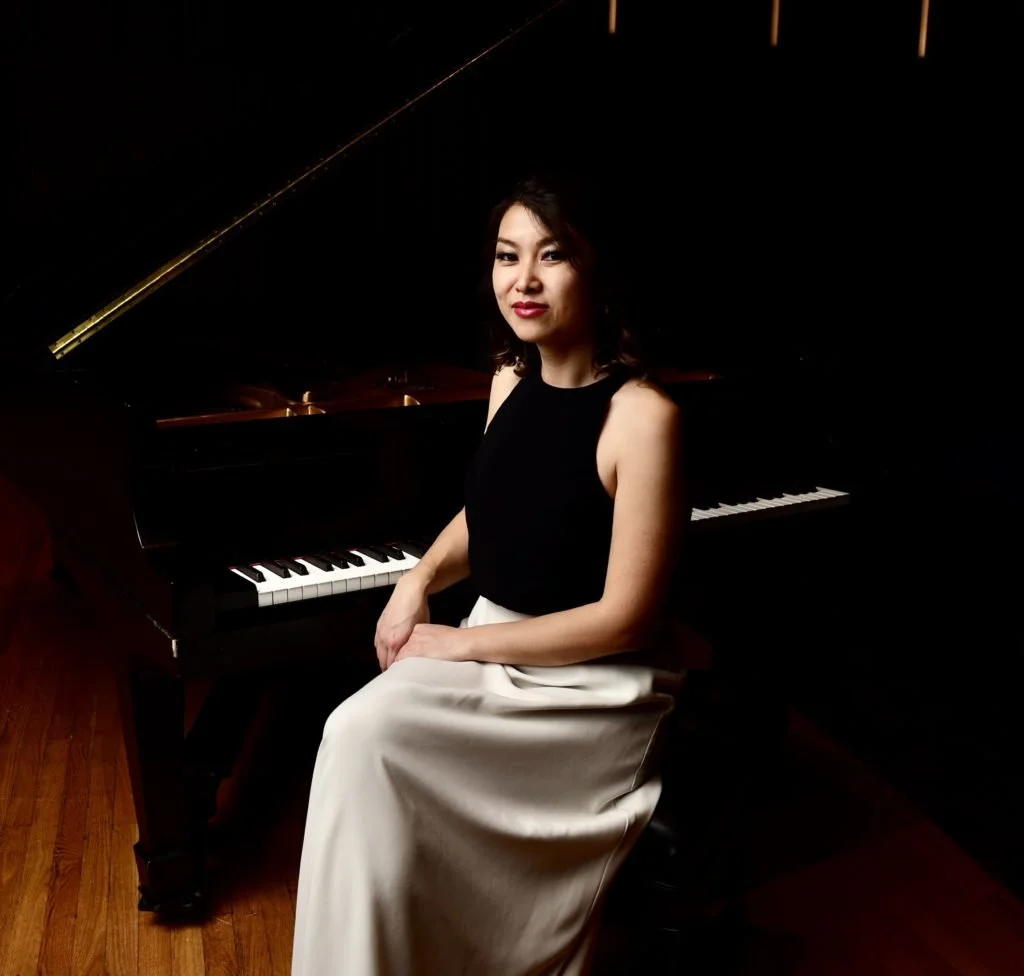Earning A Seat at the Piano: Susan Yang
Note: This story was originally posted on the Jack Kent Cooke Foundation’s News and Stories page by Julia Florence, Communications Associate.
Cooke Scholar Alum Susan Yang (2013 Graduate Arts Scholar, University of Cincinnati) reflects on her experience as an Asian-American woman in classical music this Asian American and Pacific Islander Heritage Month
If you’re a classical music fan, you may have heard of Felix Mendelssohn, the German composer who was the first prodigy to ever be compared to Mozart. However, unbeknownst to many classical musicians and fans until recently, many of Felix’s accredited pieces were actually composed by his older sister, Fanny. While Fanny received the same elite musical education as her brother, and was thought of by many to be even more talented, she lived in a time when women were not able to pursue careers in music.
In recent years, Fanny’s pieces have been retroactively reaccredited so she now receives the recognition she deserves – a feat that many marginalized and forgotten composers are still fighting for today.
In 2020, Cooke Scholar Alum Susan Yang co-founded A Seat at the Piano (ASAP) with a team of other classically trained pianists. She also works as a piano professor at Vanderbilt University, her alma mater. With a lot of time on their hands during the pandemic, the co-founders’ goal was to build a database of piano compositions by lesser-known composers and musicians who have been overshadowed or disregarded because of racism, sexism, and other social barriers. In two years, the project has become bigger than any of the co-founders expected.
“This project really is the perfect intersection of both my personal and professional identities,” Yang said. “Because the database promotes solo piano repertoire, that’s directly tied to my work as a pianist, but also, given my background as someone who identifies as being marginalized, I’ve always felt a calling to support, promote, and advocate for others who are like me in whatever capacity I can.”
Yang is a Chinese-American first-generation college student who grew up in a single parent household. Her family relied on financial aid to put her through music school, including the Cooke Foundation Graduate Scholarship that she received in 2013 to complete her master’s degree in piano performance from the University of Cincinnati College – Conservatory of Music.
Throughout her experiences studying and establishing a career in music, the dichotomy of fitting in physically but not socioeconomically was a barrier that Yang had to overcome. She grew up practicing on an electronic keyboard and had to work even harder than her peers to reach the same level of respect.
“There are lots of Asians and Asian-Americans in classical music. In that regard, I’ve always felt like I belonged,” Yang said. “But there were many times where I felt like I didn’t belong because of my socioeconomic background. Classical music has this prestige to it, and students who pursue classical music, especially prior to college, they generally come from very affluent families.”
Becoming a Cooke Scholar was a turning point for Yang because it gave her a confidence boost and made her realize that she deserved to be up on stage, sitting at a piano.
“I know lots of Cooke Scholars are first-generation college students,” Yang said. “That was something about my identity that I was not always proud of before becoming a Cooke Scholar. It really taught me to celebrate all of my identities.”
Most of the pieces performed on Doorways: Half-Remembered Music, Yang’s debut classical piano album, were written by composers you’ve heard of before – Bach, Brahms, Chopin, Debussy. They mostly come from countries in Europe – Germany, France, Austria, Poland, Russia. And they’re all men.
As a trained classical pianist, Yang grew up learning pieces from these greats because classical music itself came from Europe. It’s historically been dominated by White, male, European composers and musicians – a phenomenon that Yang has noticed is systemic.
“When I started doing this ASAP project, I learned about so many composers and good music that was omitted from my education. Honestly, I felt a little cheated. I started really questioning this whole system,” Yang said. “No one ever showed me this music and I wonder if my teachers even knew about them,” she said. “My guess is probably not.”
Through the lens of pedagogy, she is able to contribute the “leveling” to the ASAP database – the feature that labels the difficulty of each piece. Her hope is that music teachers will use the leveling in the database as a guide to select more equitably representative piano works to teach their students.
“I think it’s still okay to play the big names,” Yang said. “But at the same time, we can make room for the lesser-known composers.”
